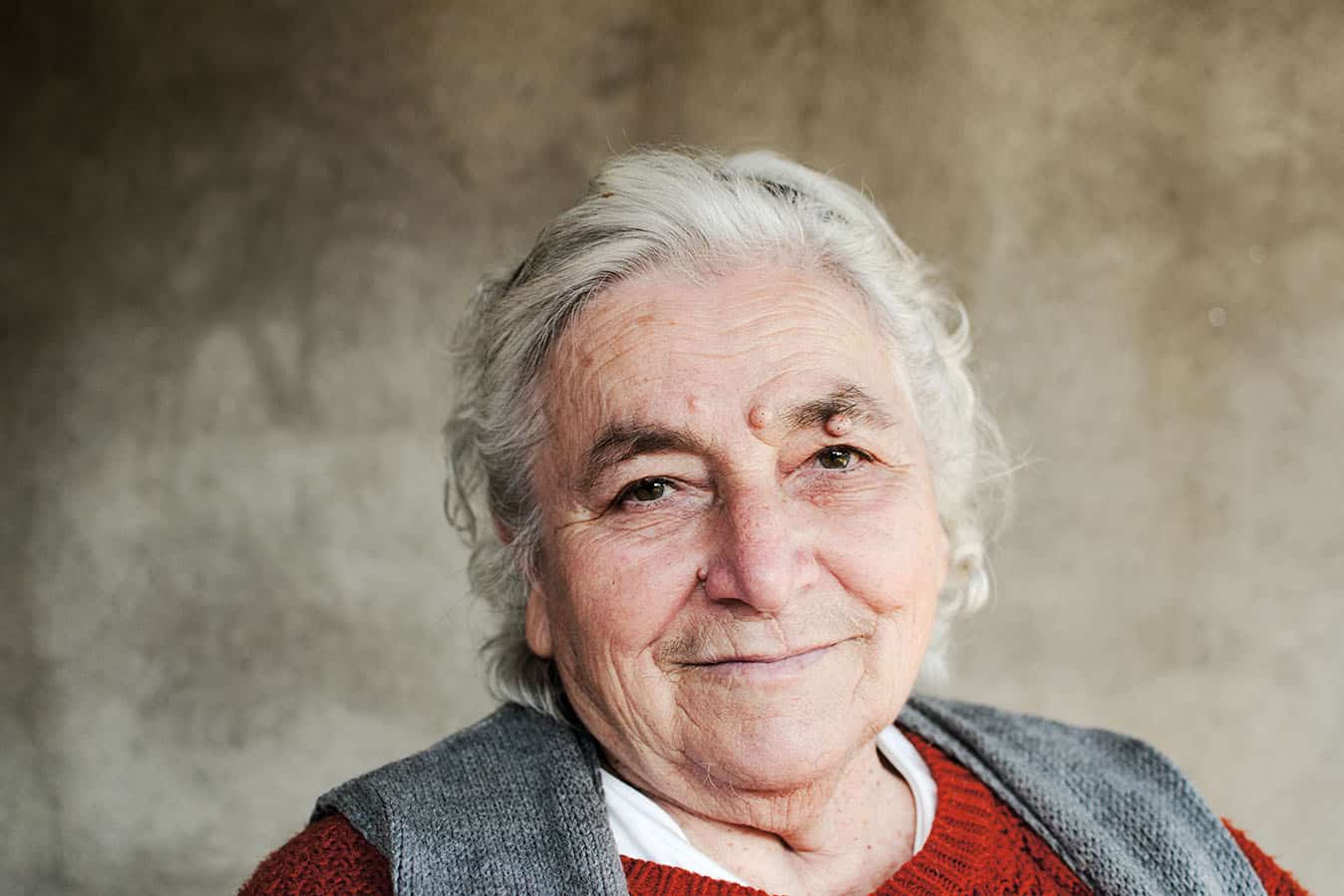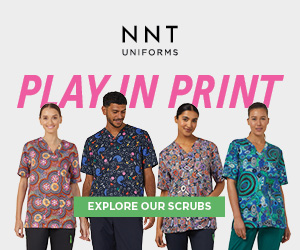The understanding of gender and culture is imperative in any welfare setting. The 2016 census identified that 37% of people aged 65 and older were born overseas. Of those in the 65 years and older population, the 2016 Census identified that to every 100 women, there were only 86 men (Australian Bureau of Statistics 2016).
These figures clearly support international findings that women tend to live significantly longer than men, and thus more research is needed to understand how gender and culture interplay (Bernoth et al. 2014; Burmeister et al. 2016).
Research currently being undertaken into the psychological health of Greek older people, their migration to Australia and the subsequent impact on connection to culture and social connectivity, reveals gender differences. One example is that older Greek women tend to use more physical contact. Within Greek culture it is common to greet each other with a kiss on each cheek whether you be male or female, but women tend to be more affectionate. Women will hug each other and at times will also touch each other in comforting ways, such as stroking each other’s hand or placing a hand on each other’s shoulder or waist.
Another important gender difference is the role that older Greek women play in the family. They often play a very active role as a grandparent and parent and will often care for grandchildren and also help their adult children with keeping their home (by cooking, cleaning, etc.). Often older Greek women have a philanthropic nature. It is common to be offered food or drinks on arrival at an older Greek women’s home; this is considered a friendly and welcoming gesture and can cause offence if one is not offered this on arrival.
Another important gender difference to note is the use of terms of endearment. Older Greek women commonly use several terms of endearment towards each other and towards people who are younger than them words like ‘koukla’ ‘agapi’ and a hybrid Greek and English word ‘darlin’. This is another form of showing affection and being friendly towards others. These findings are important to welfare and health practice as they provide valuable insight into the intricacies that gender and culture play in a Greek individual’s life. These findings can aid nurses to better understand and build working relationships with older Greek women.








